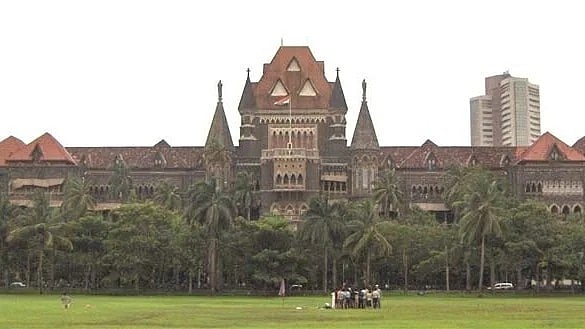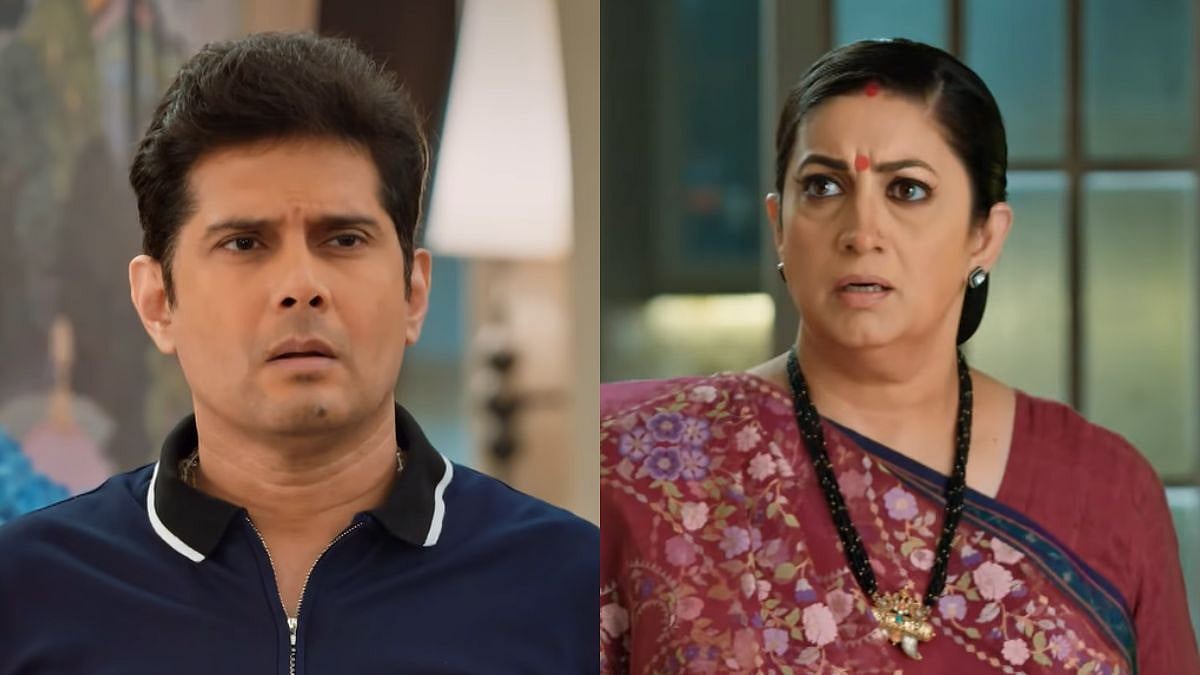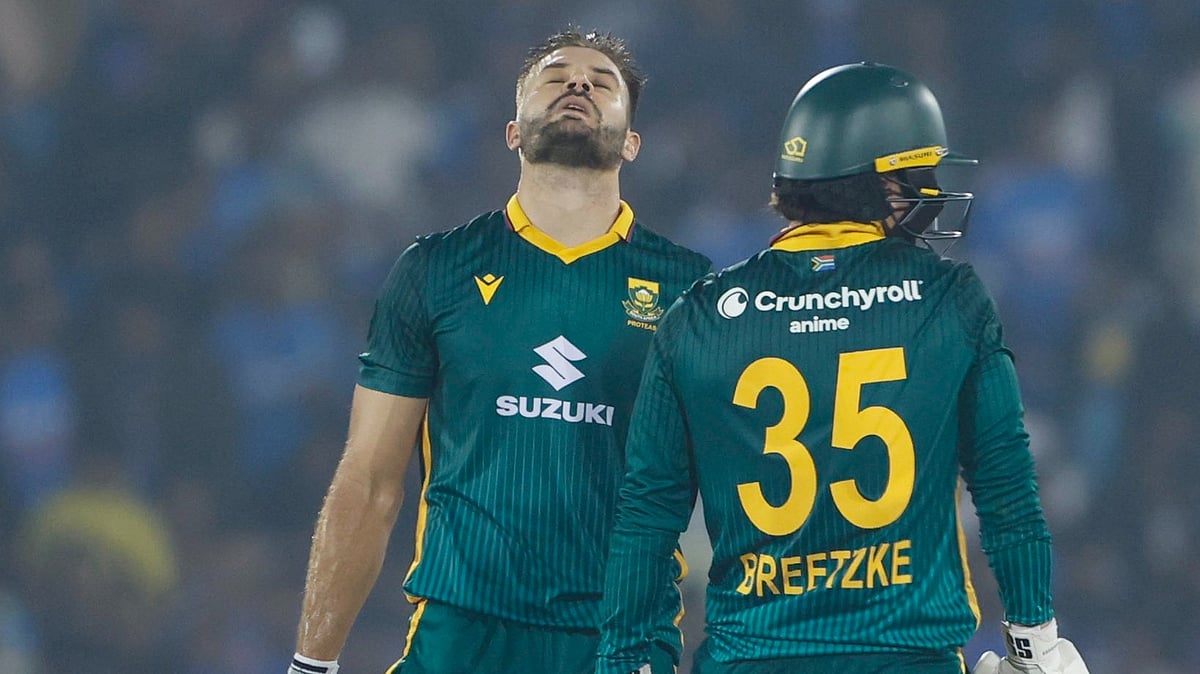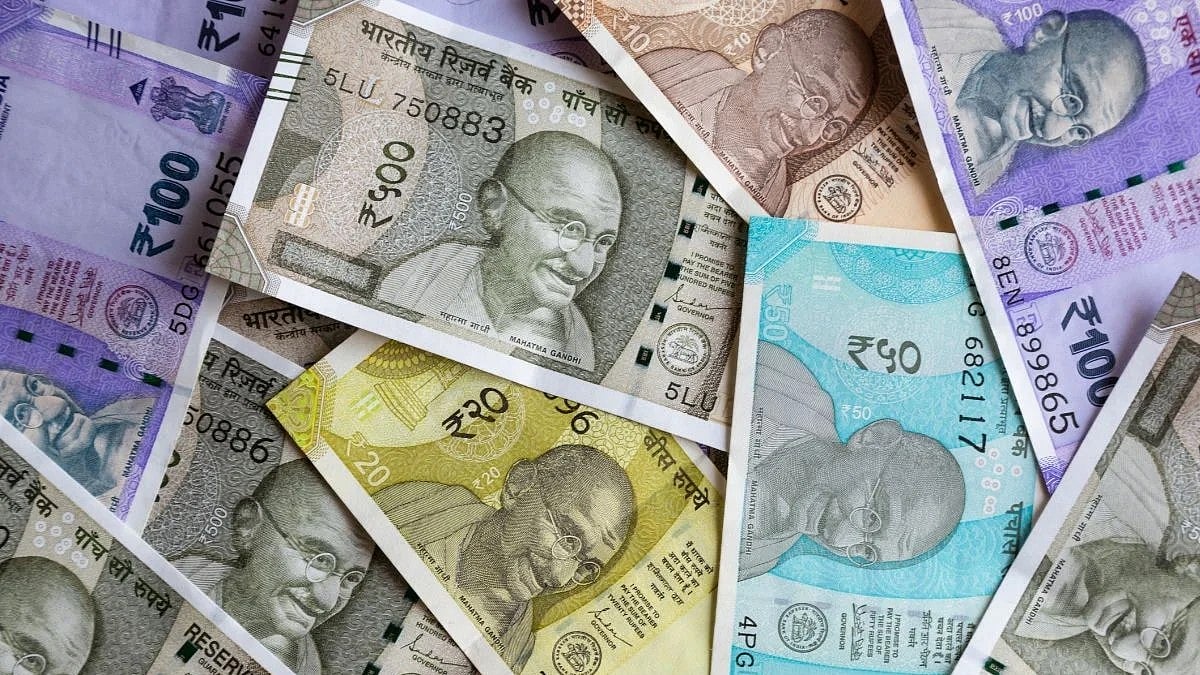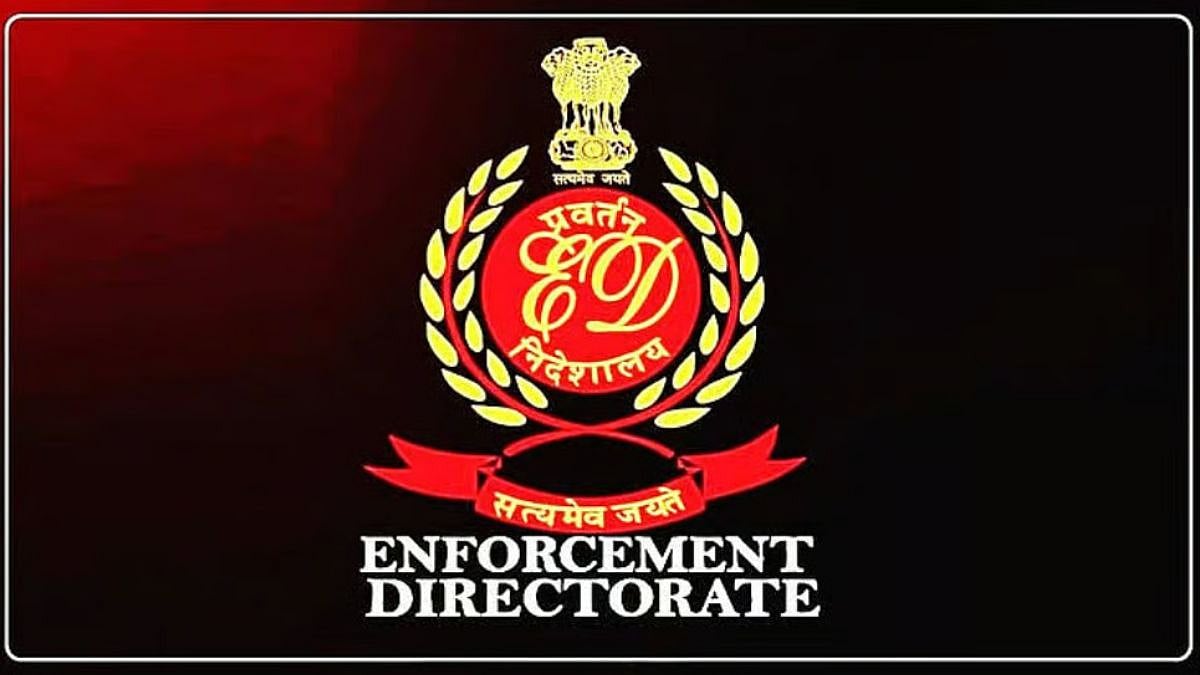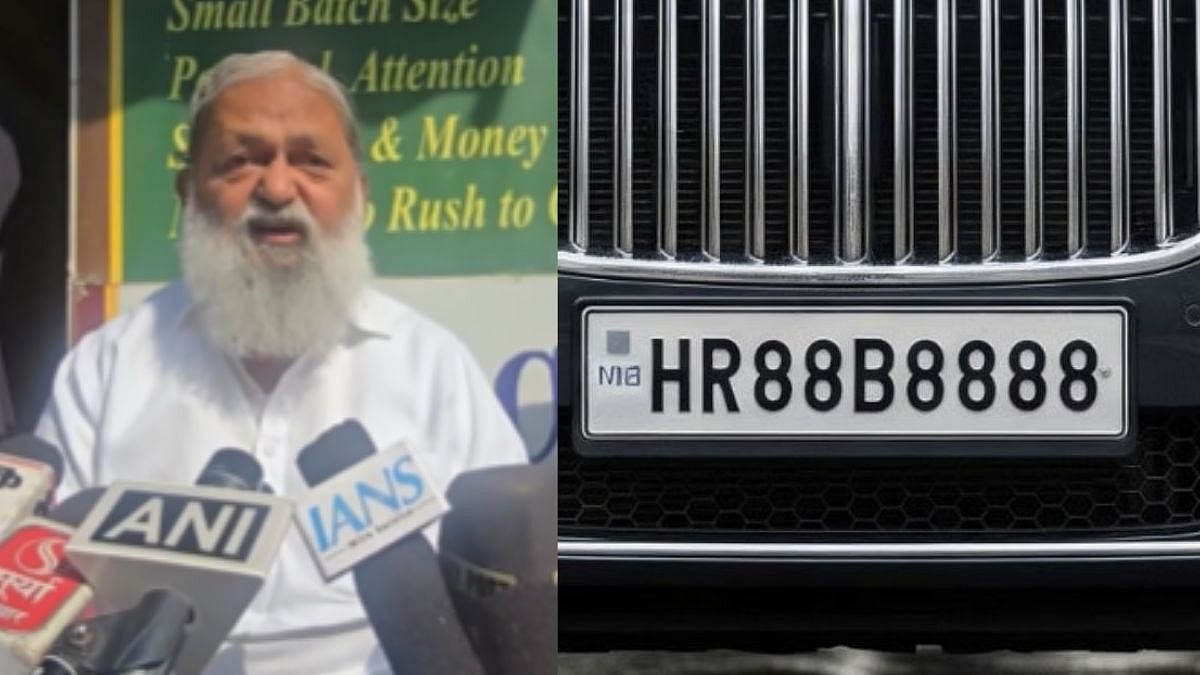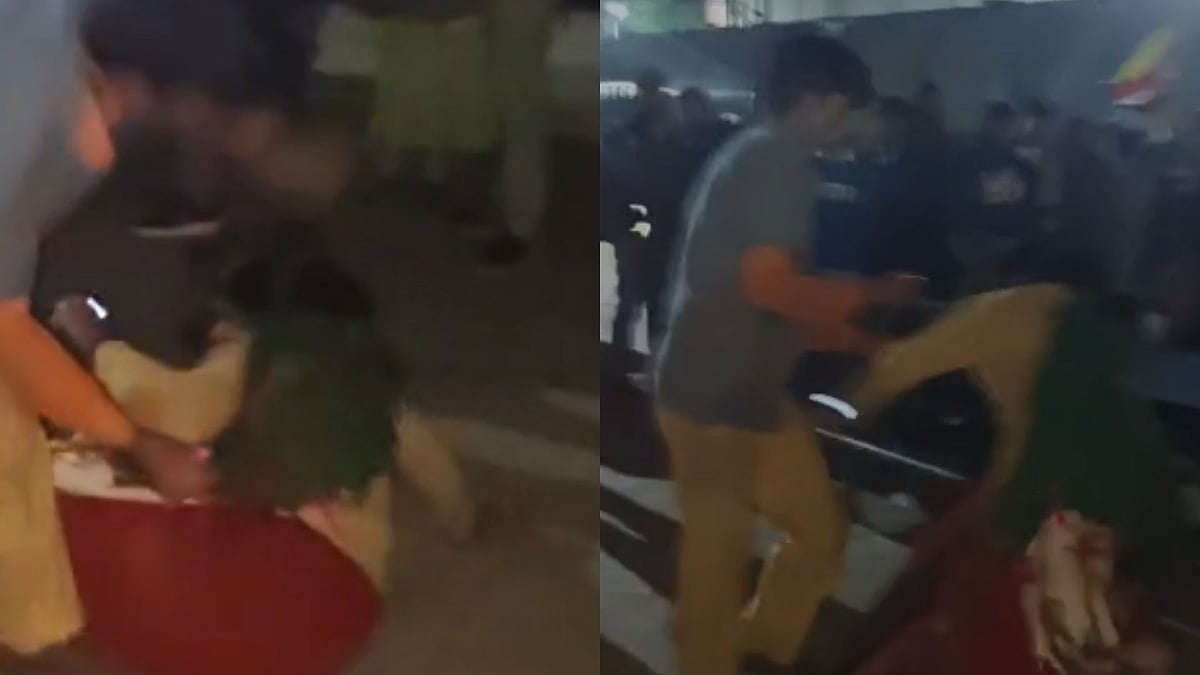India is observing the 49th anniversary of its first nuclear test in Rajasthan's Pokhran this year on May 18. Named Pokhran-I, the peaceful test codenamed 'Smiling Buddha' conducted in 1974 helped India become the sixth country in the world to conduct a successful nuclear test.
The test was conducted on May 18, 1974, under the supervision of Raja Ramanna, the then director of India's premier nuclear research institute Bhabha Atomic Research Centre (BARC).
The test was named 'Smiling Buddha' because it was conducted on Buddha Purnima that year in 1974. Its lesser-known name happens to be 'Happy Krishna.'
India's successful nuclear test
"The Buddha has smiled," Dr Ramanna, who played an essential role in the operation, reportedly told then Prime Minister Indira Gandhi after the test.
With this feat, India became the first country outside the five permanent United Nations Security Council (UNSC) members to conduct the test.
Indira Gandhi, then the Prime Minister of India, saw a massive rise in popularity following this test. After this, a series of nuclear tests were carried out in 1998 under the name Pokhran-II.
Nuclear research begins in India, programme headed by Homi Bhabha
India began its own nuclear programme in 1944 when Homi Jehangir Bhabha founded the Tata Institute of Fundamental Research.
Physicist Raja Ramanna played an essential role in nuclear weapons technology research. He expanded and supervised scientific research on nuclear weapons and was the first directing officer of the small team of scientists that supervised and carried out the test.
After Indian independence from the British Empire, Indian Prime Minister Jawaharlal Nehru authorised the development of a nuclear programme headed by Homi Bhabha.
Nuclear research began with the founding of Mumbai’s Tata Institute of Fundamental Research in 1945, before the end of the Second World War.
More details into Pokhran bomb test
After the successful first ever nuclear test in 1974, on May 13, 1998, India secretly conducted a series of underground nuclear tests with five bombs in Pokhran, Rajasthan.
Pokhran-II (AKA Operation Shakti-98) was the name assigned to the series of tests that comprised one fusion bomb and four fission bombs. On May 13, 1998, shortly after the detonation of all five warheads, then Prime Minister Atal Bihari Vajpayee declared India a full-fledged nuclear state.
This statement resulted in consequences. Numerous sanctions were placed on India by countries such as the United Sates and Japan.
(With inputs from sources)

